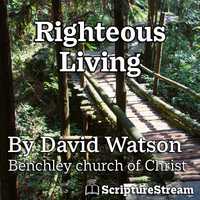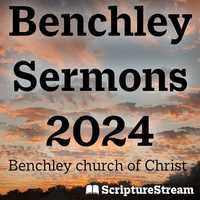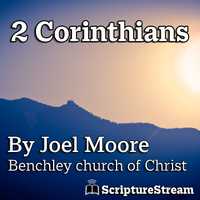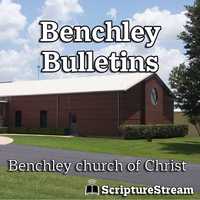Please read Matthew 26:26-29; Mark 14:22-25; Luke 22:19-20; Acts 20:7; 1 Corinthians 11:23-29; and 1 Corinthians 10:16. Every point made in this article will be from one of these passages.
The Lord’s Supper is a communion. (1 Corinthians 10:16) The bread is a communion with the body of Christ and the cup is a communion with the blood of Christ. It is our fellowship with Christ.
The Lord’s Supper is a proclamation. It proclaims His life (Matthew 16:26), His death (1 Corinthians 11:26), His mission (Luke 19:10), and His coming (1 Corinthians 11:26). It proclaims that His kingdom is established (Matthew 26:29). It proclaims that He has not come the second time (1 Corinthians 11:26). It proclaims that we are under the new covenant (Matthew 26:28). It also proclaims our faith and love for Him.
The Lord’s Supper is a memorial. Memory is a great factor. Manmade memorials fade away, but Christ has given us a memorial that will not fade away. Man’s greatest danger is to forget God. “Can a virgin forget her ornaments, or a bride her attire? yet my people have forgotten me days without number.” (Jeremiah 2:32). The Lord’s Supper is not an emblem or a representative. It is a memorial – “This do in remembrance of me.”
The Lord’s Supper is an anticipation. (1Corinthians 11:26) “Till I come.” Thus, the Supper is a monument to His coming. Therefore, when we partake the Supper, we must be thinking about His death and His promise to come to receive the faithful to Himself. Else, we eat and drink damnation to ourselves. (1 Corinthians 11:27, 29).
In view of all this, we see that we must partake discerningly (1 Corinthians 11:27-29), reverently, and regularly (Acts 20:7).
We often hear one that serves at the table pray for Jesus to bless the bread. He has already done that (Matthew 26:26). Rather, we should be praying that He bless us as we partake.
The prayer of thanks at the table should be just that. We often hear one pray for some good things, but never thank the Lord for the bread or cup. I have made this point in a number of sermons at Benchley. Brethren, when at the table, please remember to thank the Lord for the bread in memorial of this body and the cup in memorial of His blood. And please center your prayer on this. When one prays for other things at the table, he centers his and others’ thoughts on other things. This is a serious matter. When we let our thoughts be on other things, we eat and drink damnation to ourselves. Surely, we do not want our prayer at the table to do that.
Brethren, please sincerely answer these questions.
What about the one who plans a trip on Sunday and misses the Supper?
What about the one who goes hunting and takes along some bread and grape juice and stops long enough to “partake”?
What about ones who go on a trip to the holy land and take along some elements and take ship-side communion?
In short, what about one who deliberately misses the local church Supper and makes some kind – any kind – of arrangements to take some bread and grape juice and call it the Lord’s Supper? Then answer this question: When one does any of these, is he/she putting the Lord first?
Mike Fleming, who used to be an elder here, has planned many trips to the holy land. But he has always planned the trip so that the ones on the trip could be with a local church on Sunday and take the Supper with a local church. When one goes on a holy land trip and does not so plan the trip, he is not putting the Lord first.
Over forty-five years ago, I saw the following from Jerry Ray. I borrow it from him to close this study.
The Lord’s Supper looks:
- Inward – examine self
- Outward – shows faith to Jesus and others.
- Backward – to Jesus’ death
- Upward – to our King and Savior
- Forward – to His coming
Jesse Jenkins



